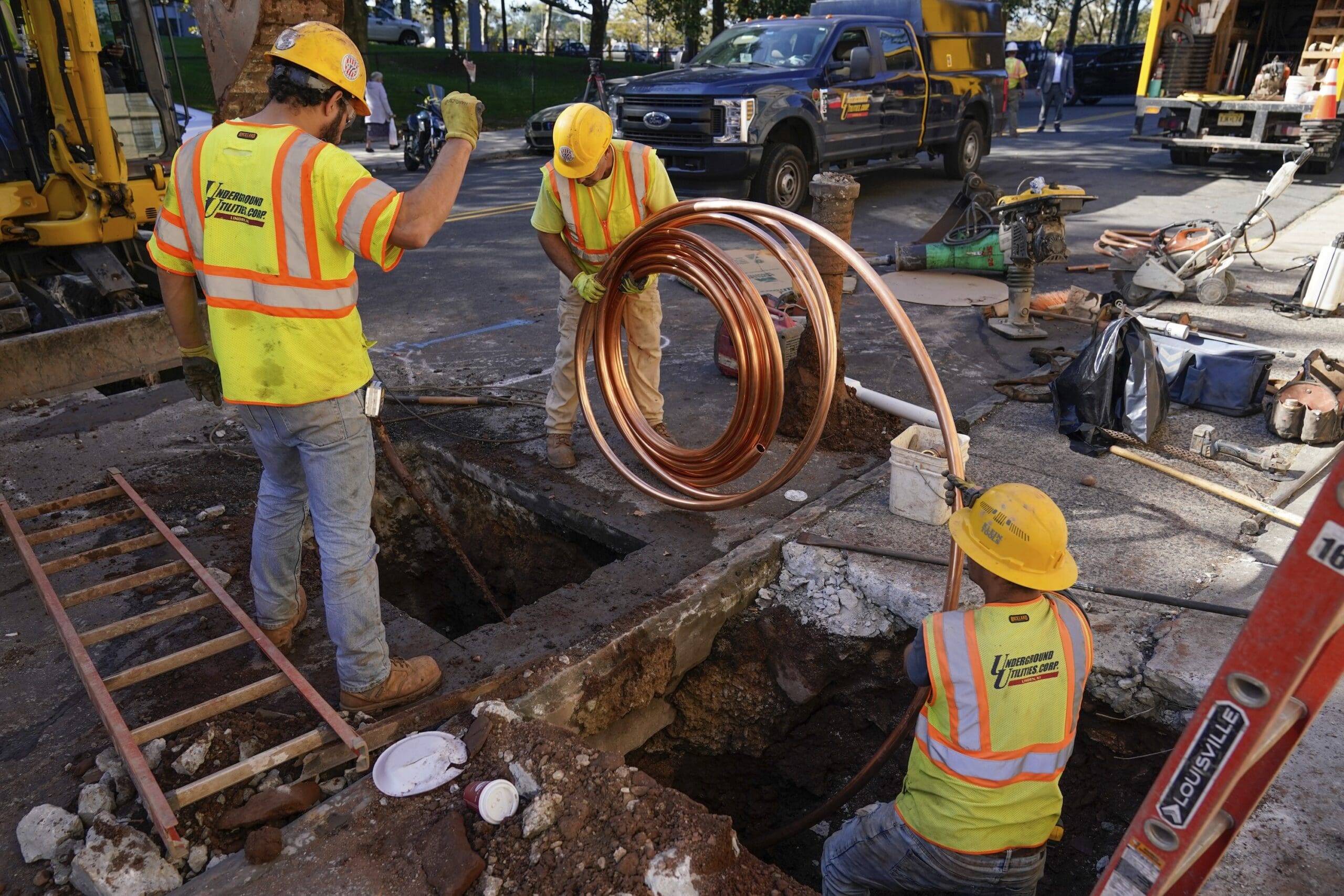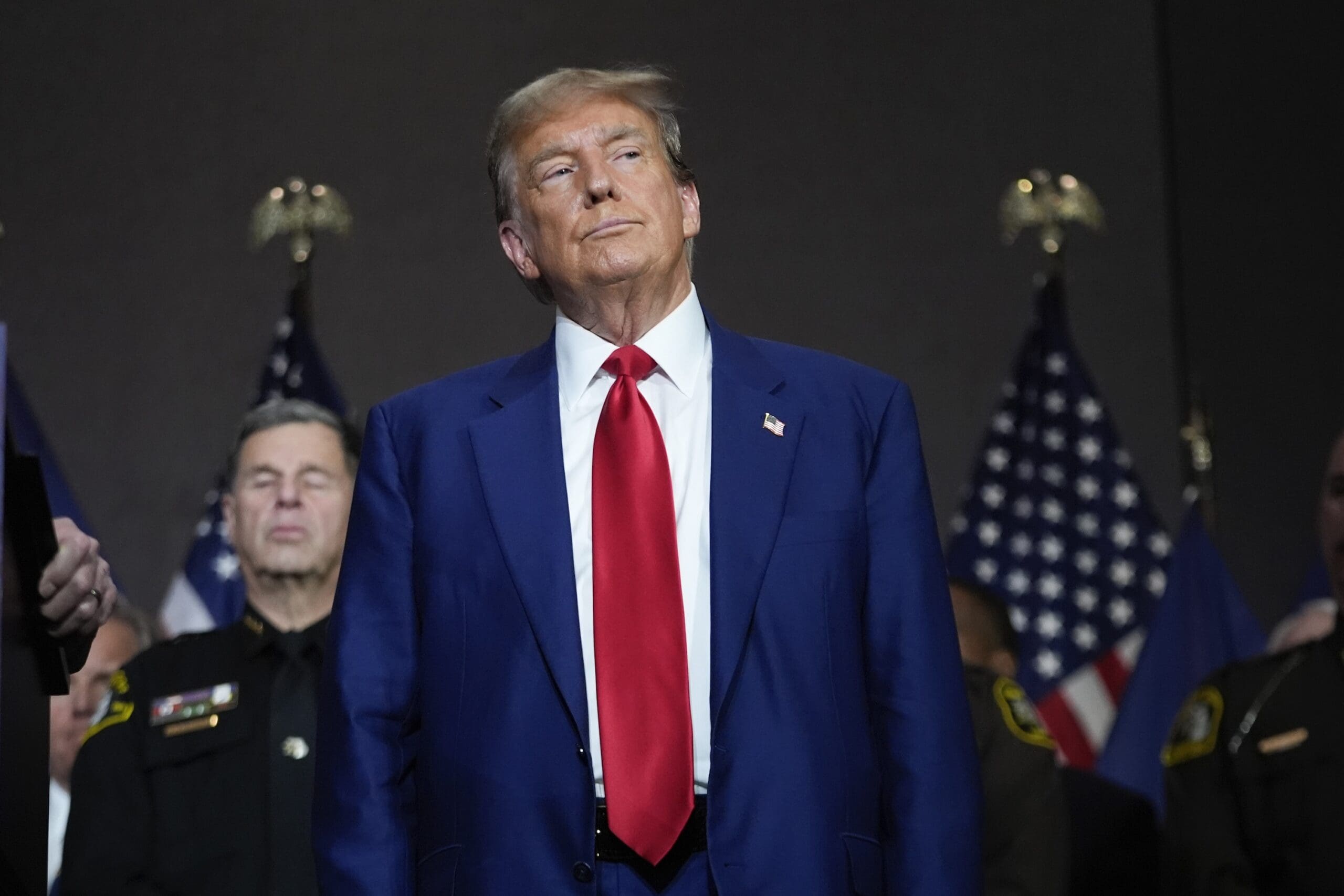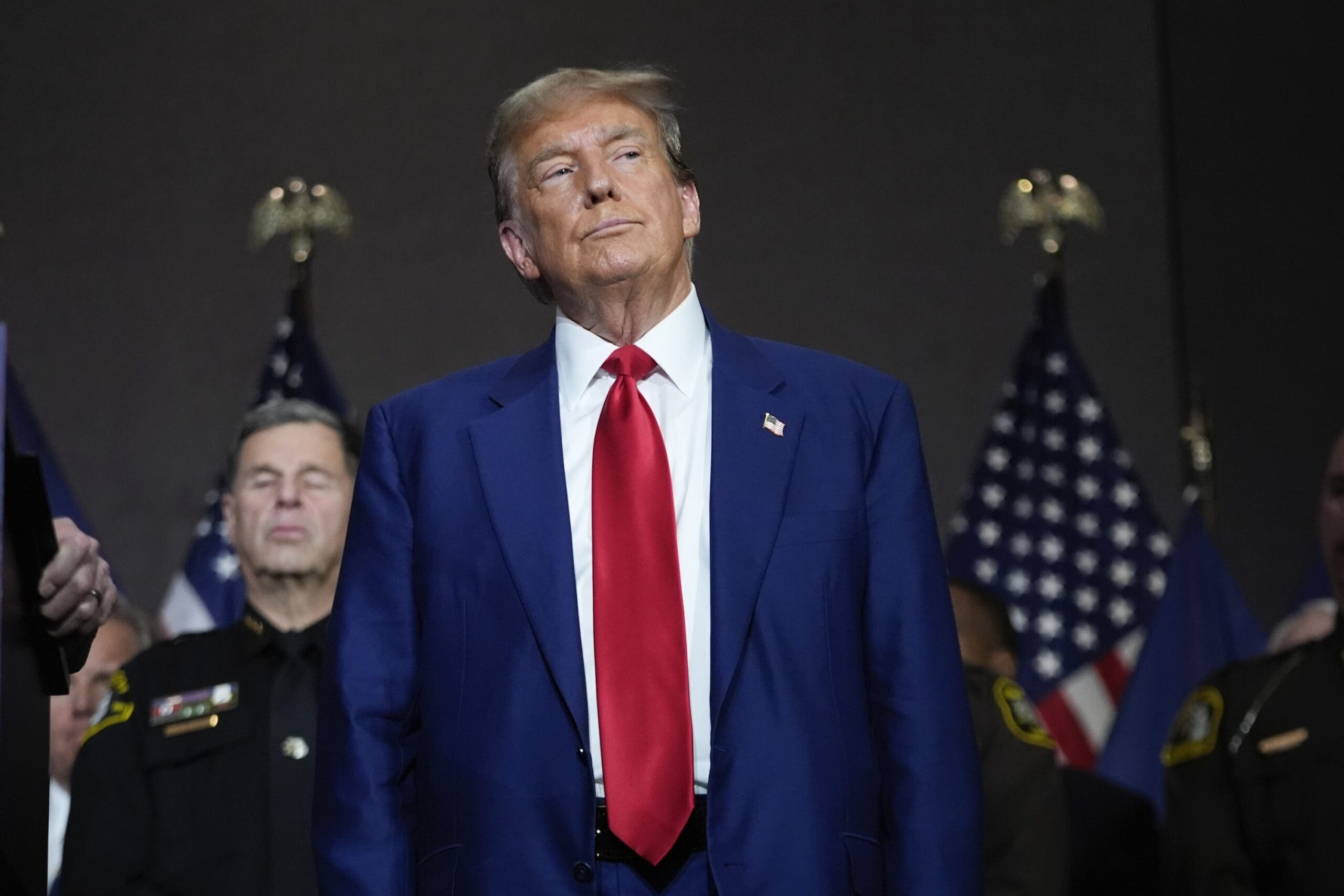Global leaders announce investment program to counter Chinese influence

Oliver Willis
The G7 initiative provides a stark contrast to President Donald Trump’s trade war with China, which led to the loss of thousands of American jobs.
On June 26, President Joe Biden, in Europe to meet with leaders of the Group of Seven richest democracies at their annual summit, joined them in announcing the launch of the Partnership for Global Infrastructure and Investment, which the White House described as “a values-driven, high-impact, and transparent infrastructure partnership to meet the enormous infrastructure needs of low- and middle-income countries and support the United States’ and its allies’ economic and national security interests.”
The G7 leaders announced that they would communally commit $600 billion by 2027 to global infrastructure investment.
Although the leaders did not mention China by name, the program follows that country’s implementation beginning in 2013 of its Belt and Road Initiative, through which it has invested a reported $50 billion-$100 billion per year in infrastructure development loans to developing nations across the world.
Biden announced that the United States would contribute $200 billion in public and private funds to the project.
The partnership will invest in clean energy supply chains, secure IT networks, gender equality and equity, and infrastructure for health care systems.
Biden said during remarks about the launch at the meeting in Krün, Germany:
I want to be clear: This isn’t aid or charity; it’s an investment that will deliver returns for everyone, including the American people and the people of all our nations. It’ll boost all of our economies, and it’s a chance for us to share our positive vision for the future and let communities around the world see themselves — and see for themselves the concrete benefits of partnering with democracies.
Because when democracies demonstrate what we can do, all that we have to offer, I have no doubt that we’ll win the competition every time.
A senior Biden administration official made clear the link to China. Speaking to reporters on condition of anonymity, the official said, “There’s no doubt that the Belt and Road Initiative has been around for several years and it’s made a lot of cash disbursements and investments — and that we’re coming to this after years of their investments. But I would argue that it is definitely not too late. And I’m not even sure that it is late.”
Former President Donald Trump’s approach to China was to begin a trade war with that country in January 2018, raising tariffs on multiple Chinese imports and tweeting in March of that year, “When a country (USA) is losing many billions of dollars on trade with virtually every country it does business with, trade wars are good, and easy to win. When we are down $100 billion with a certain country and they get cute, don’t trade anymore – we win big. It’s easy!”
But by the next year, as data published by the Council on Foreign Relations showed, the U.S. trade deficit with China had increased. According to the council, “In particular, it has expanded trade with countries participating in its massive ‘Belt and Road’ investment initiative (BRI). … African and Latin American countries, many of which signed on to BRI last year, have been among the biggest winners of the U.S.-China decoupling.”
The trade war also caused economic hardship for workers in American industries, including agricultural workers, who found themselves without a major customer for their goods. U.S. taxpayers ended up financing the imbalance with payments to farmers.
Published with permission of The American Independent Foundation.




